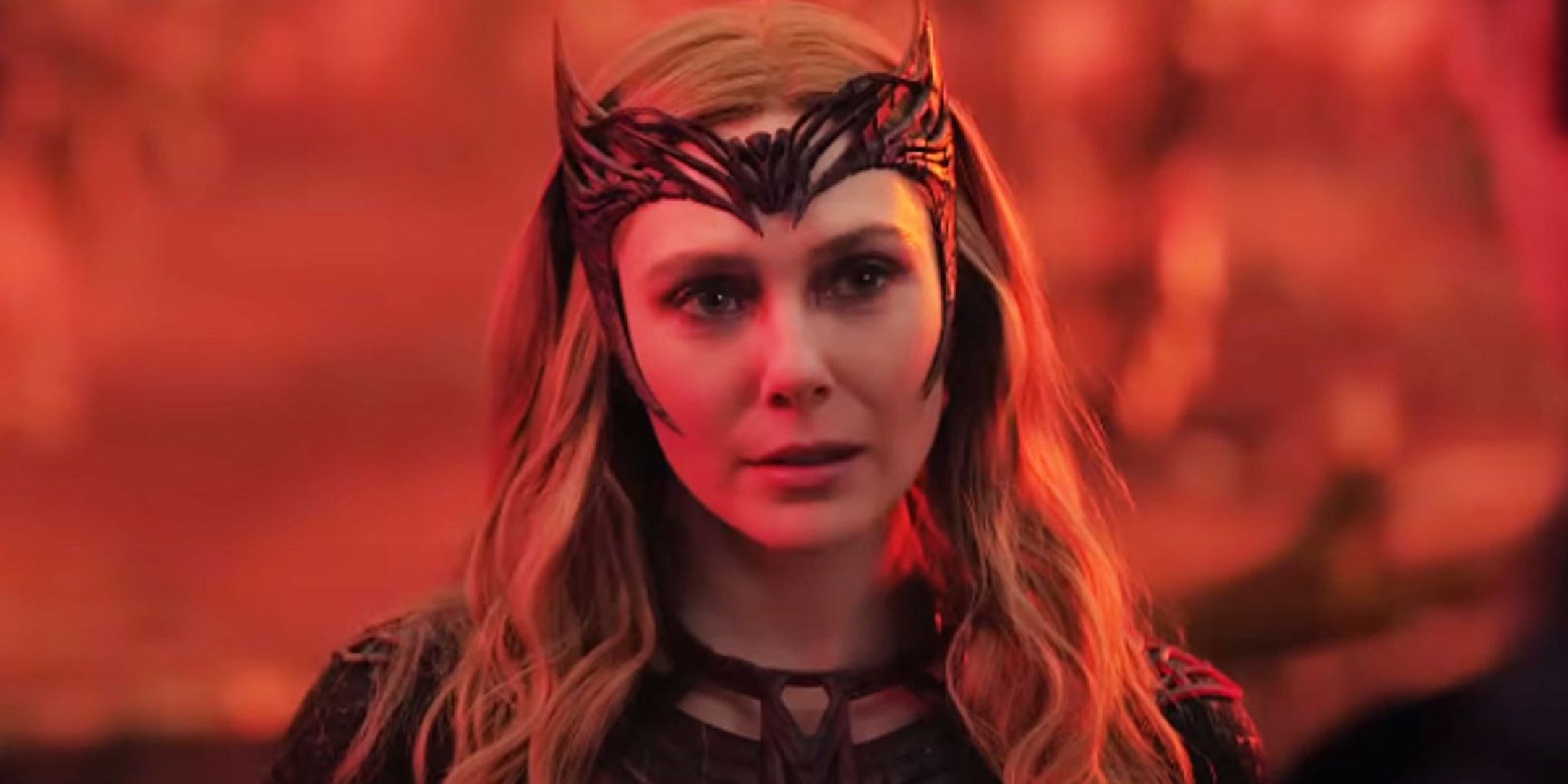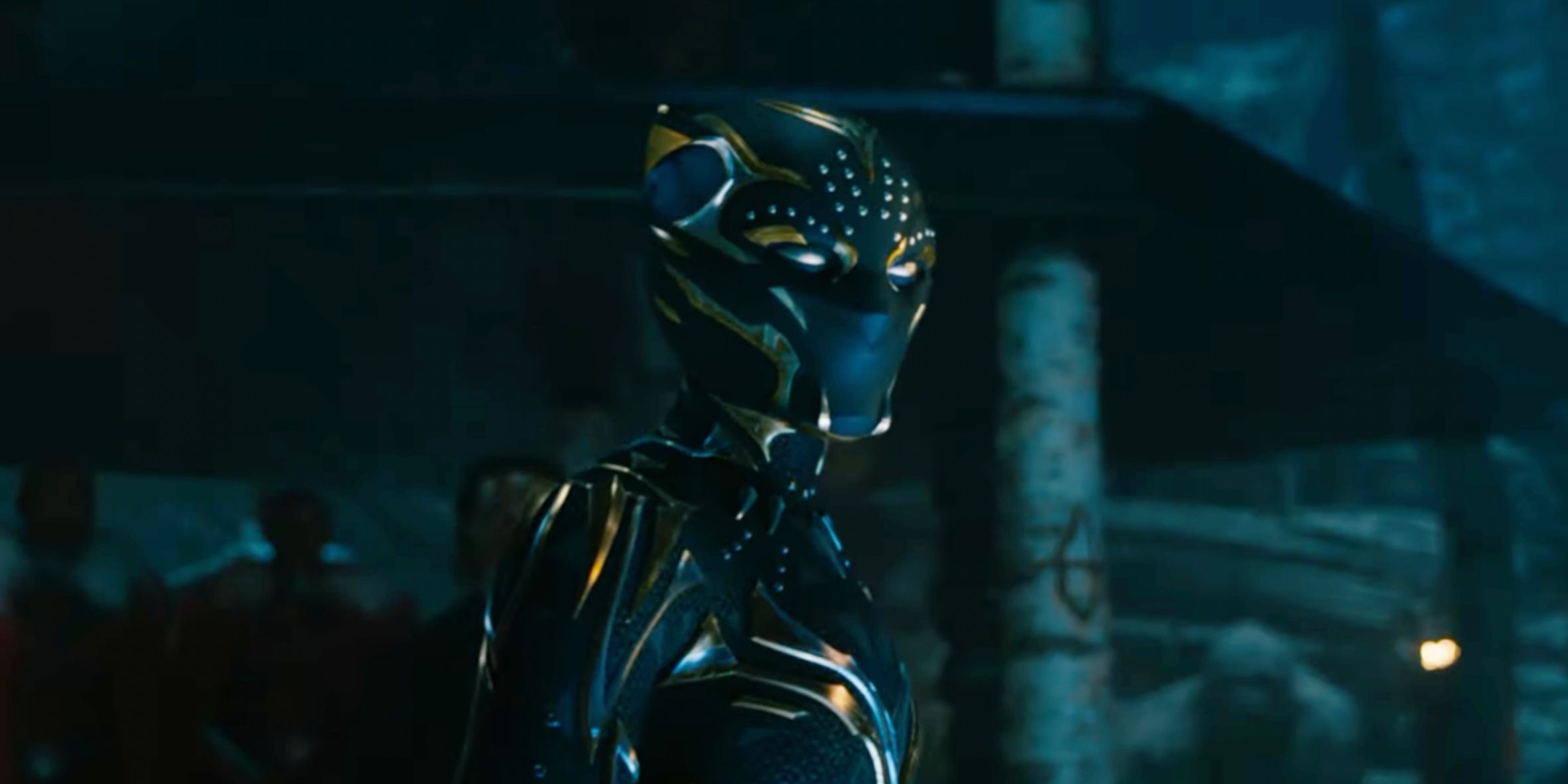This article contains spoilers for Black Panther: Wakanda Forever and several other projects in Phase 4 of the MCU.Phase 4 of the Marvel Cinematic Universe has often been criticized for its lack of a central overarching narrative compared to past Phases. Aside from the introduction of the multiverse as a prominent story element and some foreshadowing of Kang the Conqueror as a major villain in future installments, little has been done to further the wider story of the MCU.
However, that doesn’t mean that Phase 4 doesn’t have its own story to tell. Even if there’s been little overlap between individual installments, there’s still some recurring central themes that connect them together into a wider narrative. And nowhere is that more evident than in the final film of Phase 4, Black Panther: Wakanda Forever, which serves as the ultimate culmination of the ideas in the rest of the Phase.
Love and Loss
The very first installment of Phase 4 was WandaVision, which premiered on January 15th, 2021. And right off the bat, the series set the stage for what was to come in Phase 4. The story of WandaVision centers around Wanda Maximoff attempting to deal with her grief over losing Vision by constructing an illusory, utopian reality where she can be with him forever. While the initial episodes of the show focus primarily on the comedic sitcom antics of Wanda’s false world, it becomes increasingly clear over the course of the series just how much Wanda’s loss is weighing on her. The MCU has previously shown its characters grappling with the losses they’ve endured, but never before had it explored the grief of a hero in such depth.
This would prove to be the start of a prominent trend for the rest of Phase 4, as future installments also featured characters struggling to overcome the loss of someone close to them. Clint Barton mourns the death of Natasha in Hawkeye, while Peter Parker loses Aunt May to the Green Goblin in Spider-Man: No Way Home. Even antagonists aren’t immune to grief — Wenwu in Shang-Chi is driven by a desperate need to be reunited with his dead wife, while Wanda’s longing to see her children again drives her to villainy in Doctor Strange in the Multiverse of Madness. Meanwhile, Thor: Love and Thunder is all about the pain of losing a loved one, as embodied by both Thor with Jane and Gorr with his daughter. In other words, grief is all over Phase 4 of the MCU.
However, it isn’t the only recurring motif to be found in Phase 4. Familial relationships are also a prominent theme, albeit a less common one. Take for instance Black Widow and Shang-Chi, which both focus on dysfunctional yet ultimately loving family dynamics. There’s also Peter and Aunt May’s relationship in No Way Home, or Wanda and her children in Multiverse of Madness. Likewise, Kamala Khan’s family is a major part of Ms. Marvel. And of course, there’s Jen’s relationship with her cousin Bruce in She-Hulk. Unlike past Phases of the MCU, Phase 4 isn’t about assembling the Avengers or collecting the Infinity Stones. It’s about exploring themes of grief and family, and all the various ways they affect different characters.
Everything Comes Together
As such, it’s only natural that grief and family are at the center of the narrative in Black Panther: Wakanda Forever. The film opens with the death and funeral of T’Challa, and it quickly becomes clear that Shuri’s struggle with the loss of her brother will serve as the emotional backbone of the film. Shuri’s mother Ramonda (played masterfully by Angela Bassett) attempts to help her deal with her grief, but Shuri refuses. Instead, she tries to run from the pain, burying herself in her work. But when Ramonda is killed by Namor and Shuri takes up the mantle of Black Panther, things take a turn.
Like Peter Parker in No Way Home, Shuri’s grief turns to vengeance, and she nearly kills Namor in anger over her mother’s death. However, Shuri spares Namor for the sake of peace between their kingdoms, just as Ramonda and T’Challa would have wanted of her. The film ends with Shuri burning her funeral garments, symbolizing that she’s done mourning and ready to finally move on, carrying on her family’s legacy while facing the future with hope. While many other Phase 4 installments deal heavily with grief, Wakanda Forever uses it as the central theme of the entire film. And it does so to great effect thanks to the skill of director Ryan Coogler and his immensely talented cast.
At first, Wakanda Forever doesn’t seem like a natural conclusion for the first phase of the Multiverse Saga. It doesn’t feature any multiversal travel, nor does it introduce a new big bad like Kang or Doctor Doom. It doesn’t even change the status quo in any major ways like previous phase-ending films have. However, it does serve as the perfect culmination of the themes of grief and family that have been so prevalent throughout the previous entries in Phase 4. And in that sense, Black Panther: Wakanda Forever is a much more fitting conclusion to Phase 4 than one might initially think.



